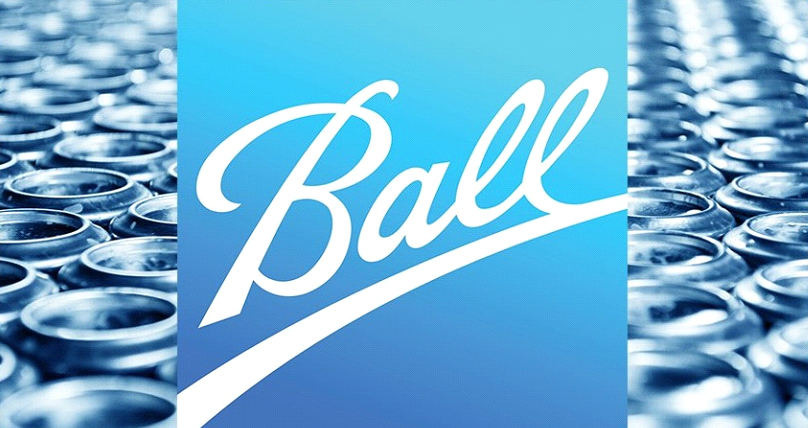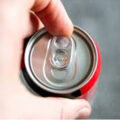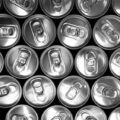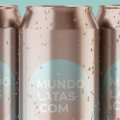Ball Corporation has announced its intention to recycle up to 90% of the aluminum it produces by 2030. The company released a statement in which it also informed that this year it has reached 79% of production using recycled aluminum. This was achieved thanks to the investment of US$ 60 million in the Burzaco industrial park (Buenos Aires, Argentina).
The company, which is represented in 70 countries in the Americas, Europe, Asia and Africa, employs 21,500 people worldwide.
The main purpose of this initiative is to promote sustainable practices, but it also has an economic benefit since, by 2023, 86% of the corporation’s total revenues from packaging made from recycled aluminum will reach $13 billion.
More than 25 years ago, in 1995, Ball Corporation decided to establish itself in Argentina and opened two factories located in the Buenos Aires metropolitan area. One of them is located in the Almirante Brown Industrial Park, in Burzaco, and produces beverage containers. The other is located in the Garín Industrial Park and manufactures containers for insecticides, deodorants and other products related to cosmetics and cleaning.
Ball Corporation has reported that the recycling rate of its aluminum cans continues to increase both globally. Thanks to this trend, it is estimated that 70% of all cans worldwide are now recycled, making this packaging a sustainable alternative.
Argentina is in a favorable position within the region, with an index of 79%, above the regional average of 76%. Other South American countries where Ball is present have higher figures, such as Brazil and Paraguay, with rates of 100% and 90%, respectively. In contrast, Chile has a low rate of 33%.
The Denver, USA-based company is the world’s leading producer of cans. Its goal is to reach 90% recycled aluminum in its packaging by 2030, and it has already achieved 70% globally, an increase of 8% in the last three years.
Julia Pinto, who leads the Sustainability and Public Relations area at Ball Corporation for South America, pointed out that the circularity of packaging is a fundamental part of the company’s Climate Transition Plan, as it represents 50% of the initiatives to reduce emissions by 2030. Recycling is essential to achieve business decarbonization and ensure sustainability as a core value for Ball. In a global context of environmental challenges, aluminum cans are a representative example of both individual and corporate commitment to a more sustainable future.
As highlighted by Ball, it is important to keep in mind that approximately 75% of the aluminum produced throughout history is still being used in different activities around the world. This demonstrates how the can life cycle is an example of how long-term sustainability can be achieved.
The recycling process usually takes a maximum of 60 days to complete. It all starts with the consumer picking a can off the shelf, consuming it and discarding it. If properly discarded, the can is sent for recycling, remelted and transformed into aluminum coils to be purchased by can manufacturers.
Ball, along with other players, use the coil to create a can that is then shipped to the customer. The customer is responsible for filling the can with his product and returning it to the shelves in as little as two months. In this way, the discarded can is recycled and becomes available again on the shelves, initiating a continuous and closed life cycle.
In 1959, the aluminum can was introduced into the beverage industry and since then it has had a great impact, since its production process is simple, allows efficient transportation and can be recycled and reused.
According to experts, the main advantages consumers value when choosing canned beverages are practicality, quick cooling and the right size for one person. This type of container allows the beverage to retain its temperature and cool more quickly than others. It is also more economical in terms of logistics and transportation compared to glass.













